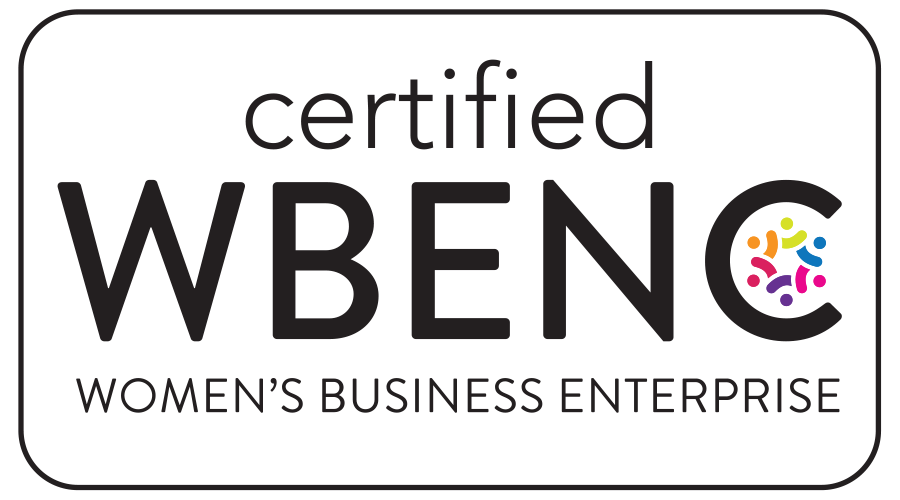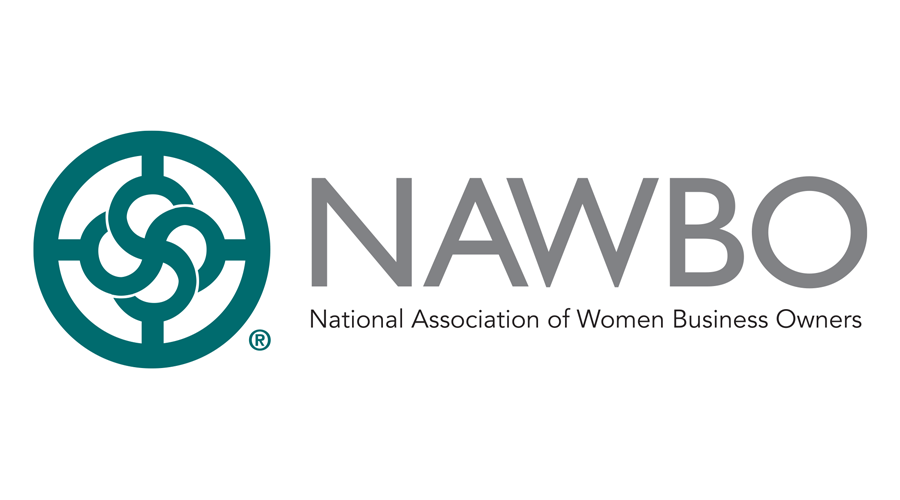Ways & Means subpanel holds Opportunity Zone hearing
Nov. 18, 2021
The House Ways & Means Oversight Subcommittee November 16 held a hearing, “The Opportunity Zone Program and Who It Left Behind,” that focused on potential improvements to the program, including more accurate data, a refundable tax credit element, and new qualification parameters. Reforming the program could be a subject of bipartisan cooperation on the Committee, based on member comments. Subcommittee Chairman Bill Pascrell (D-NJ) said several times that no one is proposing an end to the program, and some Republican members said they wanted to work with the chairman to increase its effectiveness.
An Opportunity Zone is a designated economically distressed community for which investors may defer capital gains tax on investments and exclude gain from taxable income based on holding period requirements. The issue has come back into focus with a Government Accountability Office (GAO) report released last week finding that IRS faces challenges in implementing plans to ensure compliance with the program’s rules because they depend on data not readily available for analysis. It also said funds have attracted investments from high-wealth individuals, and some funds are organized as partnerships with hundreds of investors.
Testimony is available here.
Ways & Means Subpanel Holds Opportunity Zone Hearing-summary
The House Ways & Means Oversight Subcommittee held a November 16 hearing, “The Opportunity Zone Program and Who It Left Behind,” that focused on potential improvements to the program, including more accurate data, a refundable tax credit element, and new qualification parameters.
Reforming the program could be a subject of bipartisan cooperation on the Committee, based on member comments. Subcommittee Chairman Bill Pascrell (D-NJ) said several times that no one is proposing an end to the program, and some Republican members said they wanted to work with the chairman to increase its effectiveness.
An Opportunity Zone is a designated economically distressed community for which investors may defer capital gains tax on investments and exclude gain from taxable income based on holding period requirements. The issue has come back into focus with a Government Accountability Office (GAO) report released last week finding that IRS faces challenges in implementing plans to ensure compliance with the program’s rules because they depend on data not readily available for analysis. It also said funds have attracted investments from high-wealth individuals, and some funds are organized as partnerships with hundreds of investors.
Additionally, a new book, “Only the Rich Can Play,” by David Wessel, who is now with the Brookings Institution and formerly of the Wall Street Journal, found that there is a “large and widening gap between communities that are prospering and those that are being left behind.” Wessel testified that Congress zone designations should be revisited and projects for which the Opportunity Zone tax break can be used should be limited. During Q&A, Wessel said the program should be limited to uses that benefit communities, like affordable housing. GAO’s Jessica Lucas-Judy testified that a comprehensive picture of investment activity in Opportunity Zones based on tax data is currently unavailable because some of IRS’s preliminary summary data on investors and funds is based only on information captured from forms submitted to IRS electronically, while other information from forms that were mailed to IRS, or emailed to IRS in a PDF format, was not fully transcribed into IRS information systems.
Witness Brett Theodos of the Urban Institute called for changes including more accountability in the program, restricting qualifying Opportunity Zone investments more narrowly, and allowing only those investments that pass a “but for” test, meaning those projects that could only proceed with the additional help of the incentive. John Persinger of the Erie Downtown Development Corporation touted the benefits of Opportunity Zones, as he did during a Ways & Means housing hearing in July. Rep. Judy Chu (D-CA) said she is interested in how small businesses can access capital, and that Opportunity Zones have underperformed in terms of amounts invested in small businesses. She also referred to Theodos’ testimony that the 10-year time horizon of most Opportunity Zone investments is not long enough for many beneficial projects, such as affordable housing, health care centers, or schools. Theodos said for venture capital, just three states account for 75% of investment, so the nation needs public-backed programs that can change the story and create a different narrative. He said there is a need for changes to Opportunity Zones to increase liquidity, flexibility, and involvement of community development financial institutions (CDFIs) and small business investment companies (SBICs). Theodos also called for the fundamental structure of the incentive to be different, like debt with equity-like features, convertible debt, and debt with royalties. “That would go a long way to allowing some of these other actors the ability to deploy capital,” he said. Chu further asked how Congress can facilitate CDFIs’ involvement in Opportunity Zones, given their concerns that the tax incentive structure is not a good match for neighborhood revitalization deals. Theodos said most CDFIs decided Opportunity Zones don’t work for their investment model, but the program could be reformed to prioritize mission-driven actors through the certification process. Congress could allow equity investments into those institutions, provide more flexibility with respect to payment and exit, and allow debt with more equity-like features, he said.
Chu also asked about the tax benefits of Opportunity Zones seen as only benefiting the wealthy with capital gains and Theodos’ suggestion that Congress provide a refundable tax credit. Theodos said 94% of taxable capital gains are held by households earning over $100,000 and, to prevent benefits from being restricted to the wealthiest, policymakers must think through alternative structures and vehicles, including a refundable tax credit. Wessel also supported the suggestion to have a refundable tax credit.
Rep. Stacey Plaskett (D-VI) said the lack of data hinders assessment of effectiveness of the program and it is the responsibility of Congress to be open-eyed about the good and the bad. Lucas-Judy said it is important to have information on outcomes in the program and accountability, similar to the New Markets Tax Credit (NMTC), where an agency is responsible for outcomes and reporting certain data. She said it is important to have information about compliance and for IRS to have data to ensure taxpayers are paying their fair share.
Rep. Lloyd Smucker (R-PA), in the context of concerns about money going to well-to-do areas and the need to drive money to other areas, asked whether the Opportunity Zone definition is too broad. Wessel said proponents of Opportunity Zones thought the reason there was not enough participation in the NMTC was because of the cap, so they created a program with no cap, and we need to revisit that. If Congress acts on that, Opportunity Zones should be up for public comment before a designation is made, he said. Wessel said there is no credit limit, so investors are prudently seeking the highest return, and it is not surprising they have spotted ones that are already attractive to private investment.
Rep. Smucker said, “We want this to be an effective program, so I look forward to working with the chairman and others.” Chairman Pascrell said he thinks the program could be made much better and more targeted. “Nobody wants to cut this program off, but I don’t think it’s going to continue to exist the way it is, and I don’t think that’s a Democratic or a Republican conclusion,” he said. Rep. Lloyd Doggett (D-TX) said the wealthy get wealthier with totally tax-free earnings in the program, which he said was buried in the TCJA. That doesn’t mean there are not some worthy Opportunity Zones, but benefits are concentrated in a small number of places where investment likely would have occurred anyway, he said. Rep. Doggett said he will soon introduce the Opportunity Zone Reform Act to close loopholes, require community input in investment decisions, increase transparency and accountability, and tie tax benefits to community benefits like job creation and affordable housing construction.
Wessel indicated more data is needed to determine whether the program is working well, and it could show that it is reducing the taxes of already wealthy people more so than helping residents it was intended to serve. He cited Baltimore as one city where a lot of people thought Opportunity Zones were the solution to their problems, but the program has been underutilized.
Testimony is at: https://waysandmeans.house.gov/legislation/hearings/oversight-subcommittee-hearingopportunity-zone-program-and-who-it-left-behind
Interested in learning more about opportunity zones? Reach out to Ashmore Consulting and schedule a call.

 Ashmore Consulting is proud to join Pledge 1%, a global movement creating new normal where companies of all sizes integrate giving back into their culture and values. Pledge 1% empowers companies to donate 1% of product, 1% of equity, 1% of profit or 1% of employee time to causes of their choice. Over 1,500 companies in 40 countries have taken the Pledge and committed to give to communities around the world. Ashmore Consulting is excited to join Pledge 1%’s network of founders, entrepreneurs and companies around the globe that have committed to giving back.
Ashmore Consulting is proud to join Pledge 1%, a global movement creating new normal where companies of all sizes integrate giving back into their culture and values. Pledge 1% empowers companies to donate 1% of product, 1% of equity, 1% of profit or 1% of employee time to causes of their choice. Over 1,500 companies in 40 countries have taken the Pledge and committed to give to communities around the world. Ashmore Consulting is excited to join Pledge 1%’s network of founders, entrepreneurs and companies around the globe that have committed to giving back.


